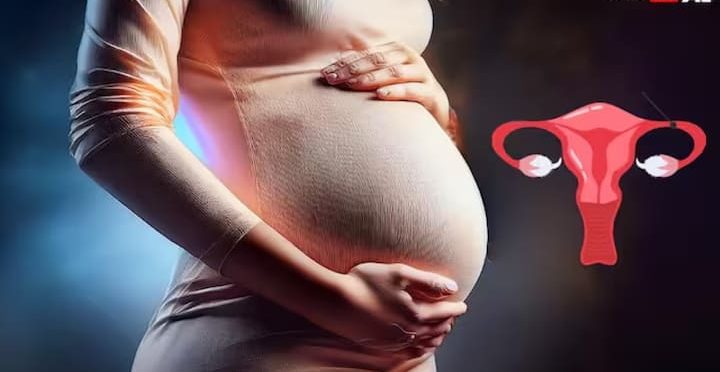
If you have severe abdominal pain or pain under the head of the shoulder or below the ribs during pregnancy, you should immediately consult a doctor. If you have severe stomach pain during pregnancy that does not go away. Or if there is pain in one of the shoulder blades or under the ribs, you should immediately consult a doctor. Bleeding in the second or third trimester may be a sign of a more serious condition, such as placenta previa, placental abruption, premature labor, or an incompetent cervix.
Many pregnancy symptoms, such as menstruation (amenorrhea), nausea (morning sickness) or fatigue, can also be caused by stress or illness. So if you think you are pregnant, take a home pregnancy test (urine test) or visit your doctor, who will do a urine test, blood test or ultrasound scan.
During pregnancy, the breasts become full, swollen and tender. These changes are similar to those you might notice a few days before your period. During pregnancy, the skin around the nipples becomes darker and the veins of the breast become more visible.
It is normal to feel extremely tired in the beginning of pregnancy. This is probably due to a massive increase in the sex hormone progesterone. Progesterone is needed to maintain the pregnancy and help the baby grow, but it also slows down your metabolism so try to get a little more sleep whenever possible at this early stage. Around the fourth month of pregnancy when the placenta is well established, your energy levels will probably increase again.
Fatigue during pregnancy can also be caused by anemia, which is usually caused by iron deficiency. It is important to eat iron-rich foods to prevent iron deficiency anemia during pregnancy. Medical treatment for anemia in pregnancy usually involves taking iron tablets. Sometimes iron infusion (iron medicine given through a drip) is required. It requires hospitalization, but it only takes a few hours. Some iron infusions may be prescribed by your doctor.
 look news india
look news india